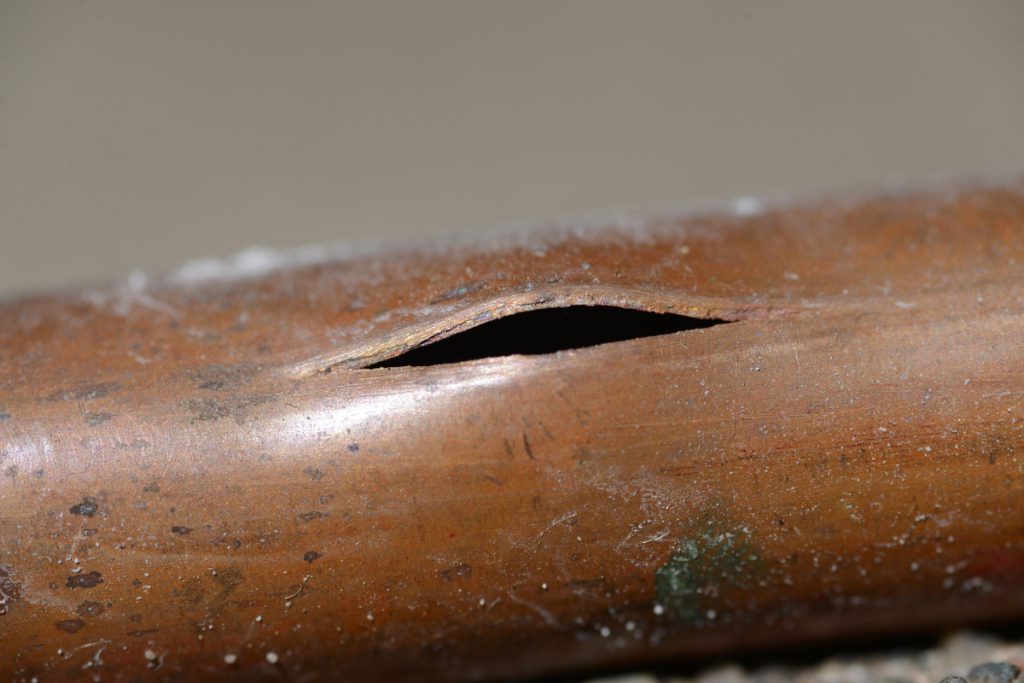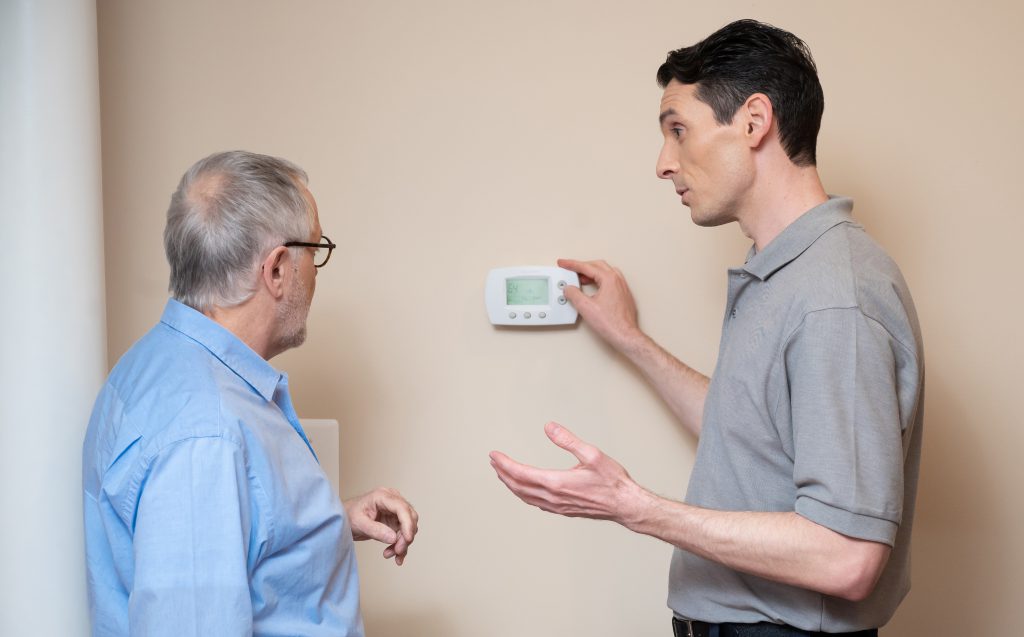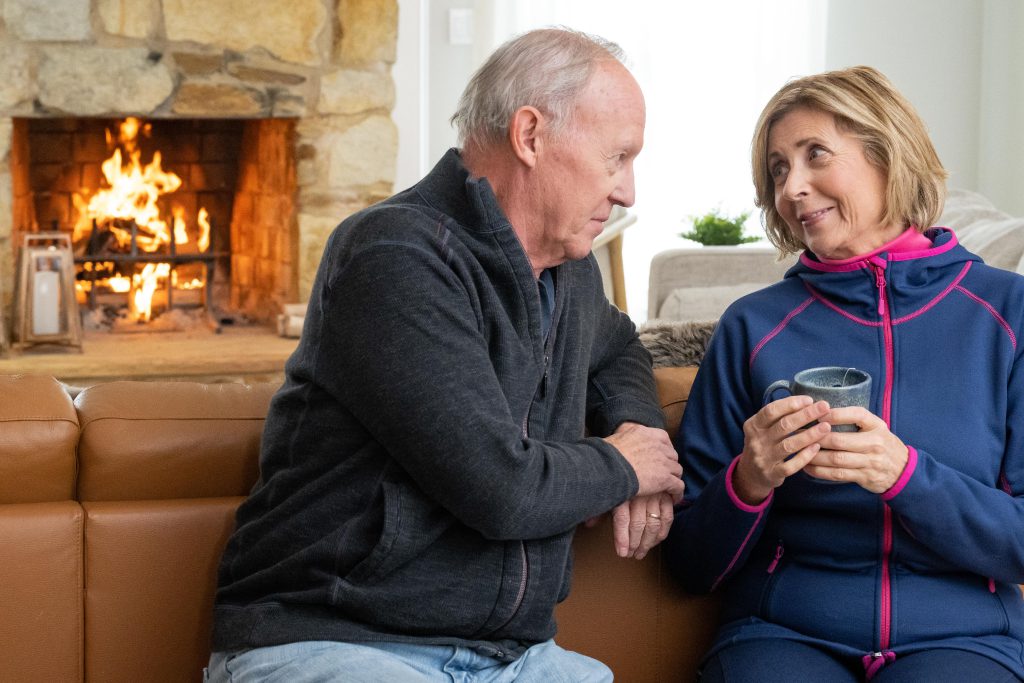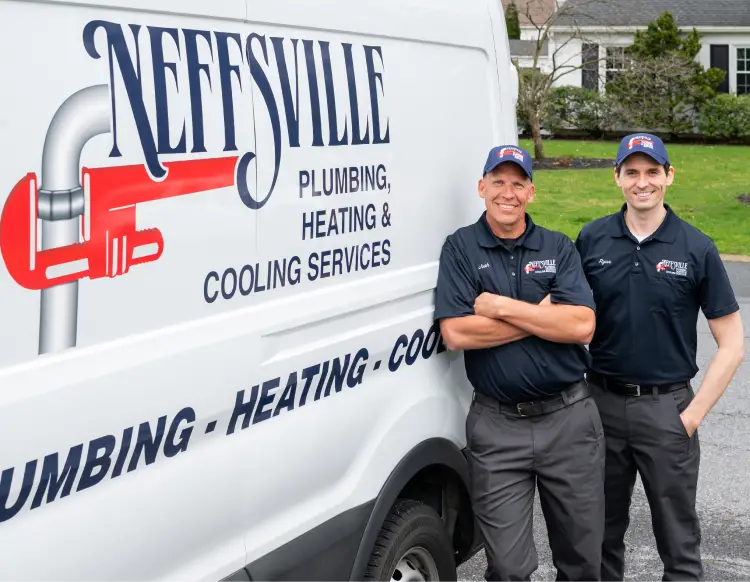
Skiers, snowboarders, and ice skaters are thriving in winter’s frigid temperatures, but your home’s frozen pipes could turn the season’s winter wonderland into a house of horrors! Here’s how to prevent frozen pipes this winter and what to do if you have one:
How Do I Know If I Have A Frozen Pipe?
One of the easiest ways to know if you have a frozen pipe is if you notice no water comes from your faucet when you turn it on. Your next move should be to check your home’s main water valve is on.
If your main water source is still on, your second step is to search for a major leak.
If you can’t source a major leak at the water source, investigate around your home for a burst pipe.
If you can’t find a ruptured pipe, you can be fairly certain the pipe to your nonfunctioning faucet is frozen.
How Do I Fix Frozen Pipes?
If you have discovered a frozen pipe in your home, here are some things you can try to thaw it slowly:
- Open your faucet to allow water melted during the thawing process to run through the pipe.
- Using a hair dryer or electric heating pad, slowly heat the frozen area. Do not use high heat, a blow torch, or an unattended space heater to warm pipes.
- Continue with slow warming until the water flow returns to its normal levels.
- Turn on other faucets throughout the home to check for frozen pipes in other locations.
It is always safest to allow a professional plumber to unfreeze and inspect your pipes for any cracks and leaks caused by the frozen water.
How Do I Prevent Frozen Pipes?
Here are some things you can do to minimize the chances of having a frozen pipe:
- Keep your thermostat at a minimum of 55 degrees, whether day or night or if the home is occupied.
- Keep the garage doors closed to protect water lines.
- Open cabinets to allow warm air to reach under-cabinet plumbing.
- Disconnect your outdoor hoses and shut off the indoor valves supplying the outdoor spigots.
- Drain water from your outdoor sprinkler system and pool supply lines.
- Allow your faucets to drip cold water when extremely cold temperatures are in the forecast. This keeps water moving ever so slightly in the system.
- Make sure to have good insulation on pipes that touch exterior walls.
When Should I Call a Plumber?
It’s important to identify and fix a frozen pipe before it becomes a burst one. Whether you need us to identify the source of a leak, find the cause of a nonfunctioning faucet, or respond to another emergency plumbing need, Neffsville Plumbing, Heating & Cooling Services is just one call away. We handle all your plumbing needs this winter and every season.
Call (717) 625-1000 or contact us online to request same day plumbing repair if you have a frozen or burst pipe.







